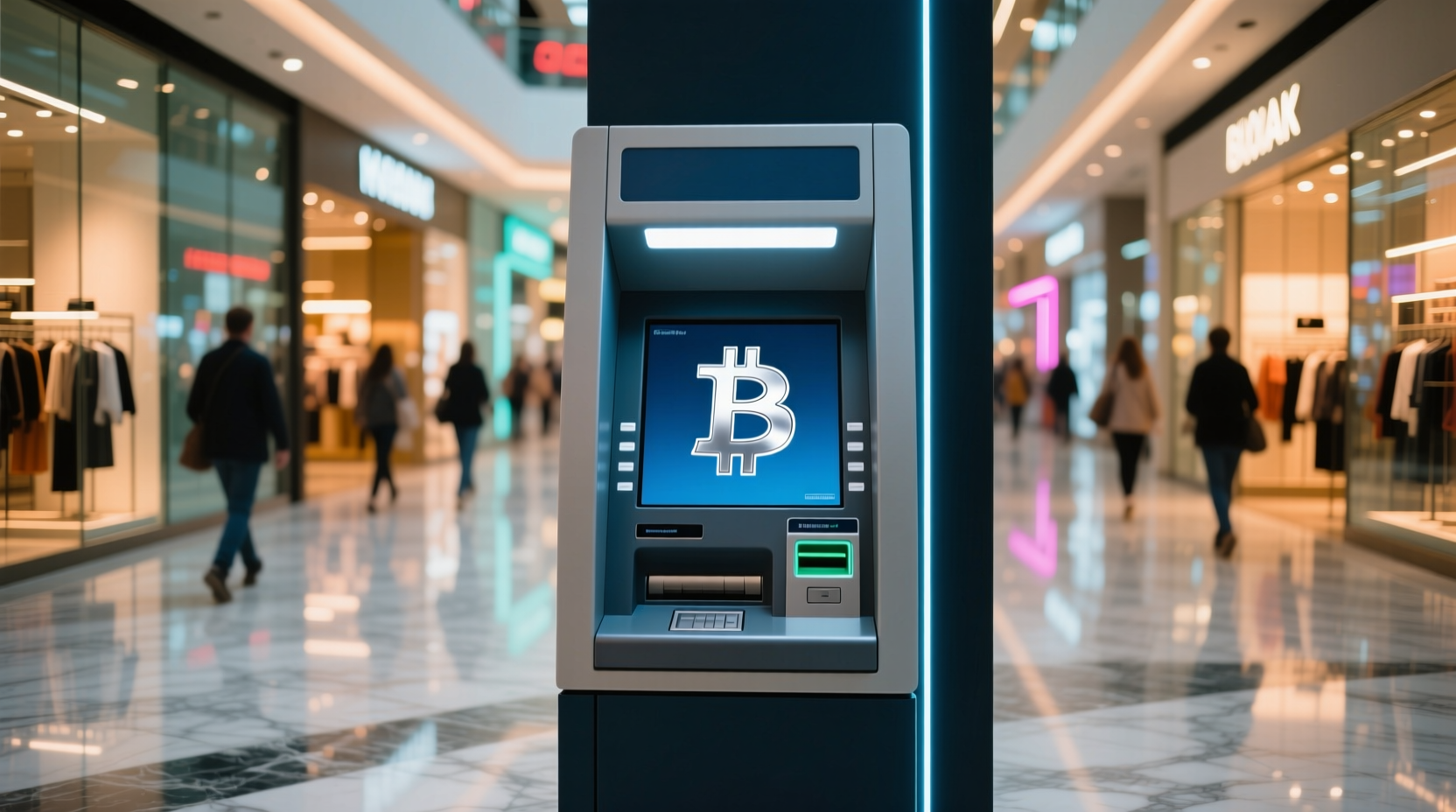Several major shopping centers across Nairobi, Kenya, have now had Bitcoin ATMs installed, following the implementation of the country’s virtual assets law, signaling a broader push to bring crypto services into mainstream retail spaces.
Key Points
- The rollout of these Bitcoin ATMs comes after the Virtual Assets Service Providers (VASPs) Act, 2025, took effect on 4 November, following its gazettement on 21 October
- The Act designates the CBK and the CMA as joint regulators, responsible for licensing, supervising, and overseeing all VASPs operating in or from Kenya
According to a report from Capital News, the new “Bankless Bitcoin” machines have been placed alongside traditional bank ATMs inside several Nairobi shopping centers, enabling customers to buy and sell Bitcoin and conduct cash-to-crypto transactions directly in high-traffic public areas that draw thousands of visitors each day.
The rollout of these Bitcoin ATMs comes after the Virtual Assets Service Providers (VASPs) Act, 2025, took effect on 4 November, following its gazettement on 21 October. According to the Central Bank of Kenya (CBK) and the Capital Markets Authority (CMA), the law establishes the legislative framework for regulating and supervising Virtual Asset Service Providers in Kenya and sets out obligations to prevent money laundering, terrorism financing, and proliferation financing.
The Act designates the CBK and the CMA as joint regulators, responsible for licensing, supervising, and overseeing all VASPs operating in or from Kenya. Providers will be licensed according to categories in the First Schedule, including exchanges, custodial wallets, and other digital asset platforms.
Related: Crypto Industry Now Mobilizes Against Perceived Quantum Threat
Despite the installation of the new Bitcoin ATMs, regulators have emphasized that no operator has received formal approval. The CBK and the CMA have not yet licensed any VASPs under the Act to operate in or from the country.
While the Bitcoin ATMs in Nairobi’s shopping malls represent some of the most visible crypto infrastructure in the city’s formal retail sector, Bitcoin has been circulating in lower-income neighborhoods for several years. In Kibera, particularly in the village of Soweto West, Kenyan fintech start-up Afrobit Africa began piloting Bitcoin-denominated grants in 2022.
Related: Stablecoin Liquidity Cools Following $300B+ Market Peak
The initiative focused on local garbage collectors, many of whom lacked identification, bank accounts, or access to mobile money platforms. After weekend clean-ups, workers receive payment in Bitcoin instead of Kenyan shillings. Afrobit Africa estimates the program has injected around $10,000, roughly 1.3 million shillings, into the community, turning recipients into early adopters and informal advocates for cryptocurrency.
The growth of crypto in Kenya emphasizes a broader trend of digital assets reaching diverse communities, from urban centers to informal settlements. As interest expands, both regulators and entrepreneurs face the challenge of balancing innovation, accessibility, and consumer protection, signaling a pivotal moment for the country’s emerging digital finance ecosystem.












